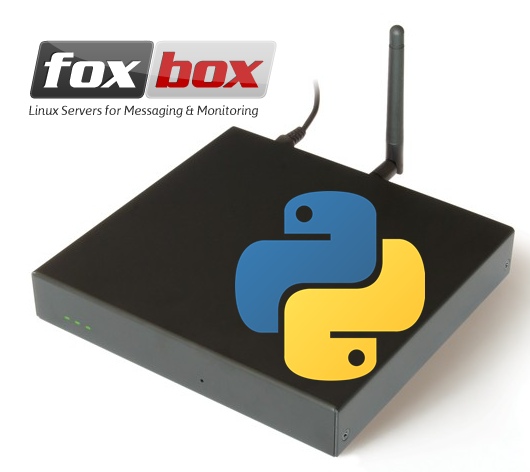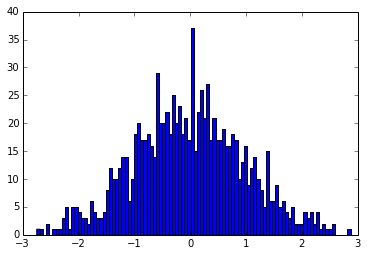Our Belgian Earthquake Emergency Report System (BEERS) detects abnormal visitor fluxes on the http://www.seismologie.be website and sends emails & SMS whenever some threshold is met. Recently, we have upgraded our sms machinery to FoxBox and for some weird reasons, the…


